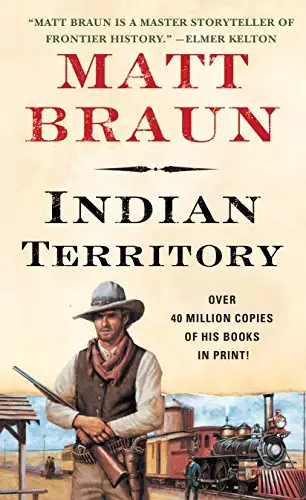Indian Territory
We hope you are enjoying the book so far. To continue reading...
Indian Territory
Matt Braun
Copyright © 2026 All Rights Reserved
Close
